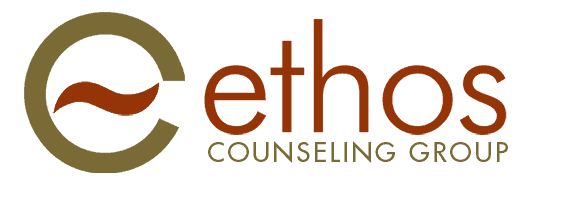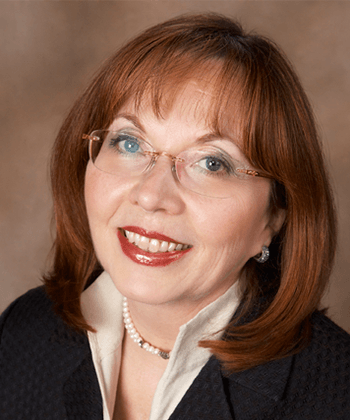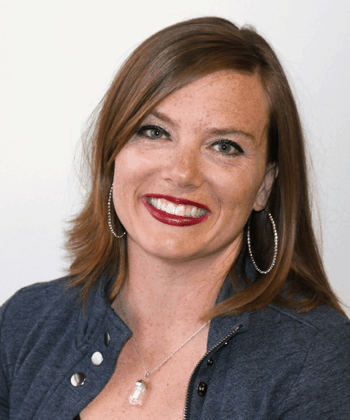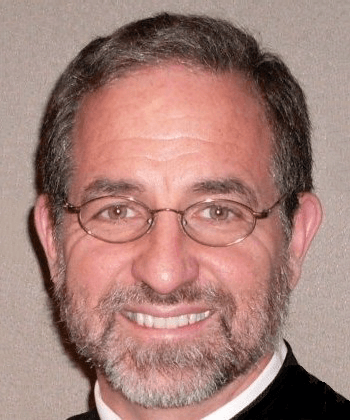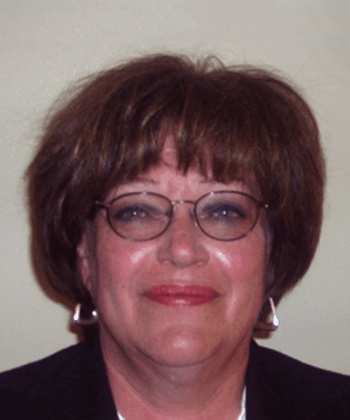Our Specialties | Addictions & Recovery
Addictions and Recovery Counseling

Addictive Patterns
Addictions kill, meaning that addictions destroy life in every possible way: physically, mentally, emotionally, spiritually, relationally, and vocationally. At Ethos, we treat addictions using a disease model, meaning that we consider addiction- especially substance abuse- to be a disease which dramatically affects brain chemistry and functioning. Whether your addiction involves alcohol, drugs, pornography, video games, internet, gambling, food, codependent relationships, a combination of these or others, we work with addictions at any age and stage. We are non-judgmental and empathetic in our approach. Building acceptance, motivation and commitment to change is an essential part of treatment. The Ethos team will collaborate and work together to bring their unique specialties and skills to your or your family member’s situation. We offer couples and family counseling for others affected by the addiction as well.
Because we are very practical in the way we approach recovery, we will set attainable goals and put a plan in place to reach them. Improvement truly begins with acceptance of the addiction and active participation in seeking recovery. Our goal is to help you or your family member be free from your addiction and establish total abstinence, which brings physical, mental, and spiritual healing.
Psychological Testing and Evaluation
Substance Abuse
Alcohol and drug addiction is more common than many realize. If you or your family member are struggling with substance abuse, we will teach skills such as cognitive and behavioral coping methods, to strive for and maintain sobriety. Another part of counseling for substance abuse is developing an understanding of relapse, and of triggers which may cause a tendency to fall back into harmful patterns. We will be part of the recovery process, and provide healing of any wounds that the addiction has caused in the past to yourself or your family member and to the relationships involved. Acceptance and Commitment Therapy (ACT) and Cognitive Behavioral Therapy (CBT) are two modalities of counseling that play a major role in this process. Grief and loss counseling, depression counseling, and therapy integrated with education often comes into play, as well, especially in the case of a dual diagnosis.
